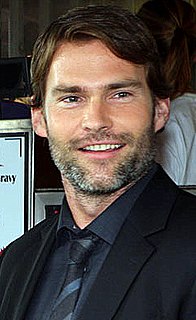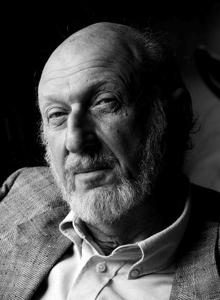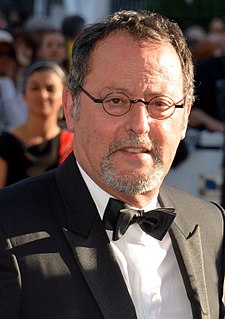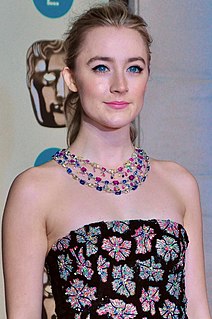A Quote by Seann William Scott
I think I've done every disgusting thing you can in a film.
Related Quotes
I think that's the real shame: We spent the last 48 hours talking about these disgusting, disgusting comments and disgusting behavior instead of talking about hurricane relief or what's going on in Flint, Michigan. It's just appalling to have to be dealing with such nonsense and such disgusting, you know, criminal speech.
I was 12 and I remember everything. I mean, I had done two films before that. The first was actually with Amy Heckerling. It was so brilliant to work with her on my first film. Atonement was the third one I'd done, and I remember how it felt to arrive on set every day. I remember how it felt to get my wig off at the end of the day. I remember how hot it was.




































